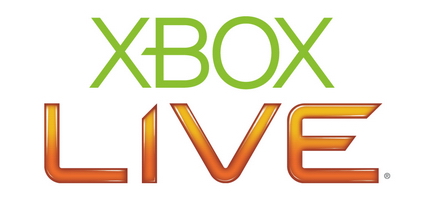“Mattel Inc. recalled millions of toys on Tuesday due to hazards from small, powerful magnets and lead paint, the latest round of recalls from the toymaker. The recalled products include about 7.3 million Polly Pocket, Batman Magna, Doggie Daycare and Shonen Jump’s One Piece play sets with the small magnets. According to a statement from the U.S. Consumer Product Safety Commission and Mattel, about 2.4 million of the play sets were recalled on November 21.” – Full Story
It used to be that the Made in China label on a product simply meant it was manufactured cheaply and simply, much as Made in Japan meant the same thing 30 years ago. As China evolves into a more sophisticated manufacturing centre, they’re getting more and more of the manufacturing business as public companies struggle to cut costs and boost “shareholder value” (a seemingly nice term that justifies some very unethical things). When I see “Made in China” now on something, I immediately wonder if the product is dangerous. China’s fast-growing economy, combined with, shall we we say, highly “flexible” morals (though apparently this guy felt bad), has resulted in some truly dangerous products making their way all across the world. Prior to the Mattel incident, there was the toothpaste incident, and the pet food incident. And those are just the ones in recent memory, and ones big enough for us to have heard about. I’ve seen news reports about some of the counterfeit products on the market, and those ones are really scary: Viagra pills painted blue with paint used on roads in China. Batteries with sloppy chemical mixes that will explode. Headache pills filled mostly with asphalt. Some companies in China will substitute anything they can, no matter how dangerous, in order to boost profits.
The problem is that basically anything goes – it’s like the Wild West over in China right now, with the previously rural-based population, always on the brink of starvation, flooding into the major cities and factory areas looking for better jobs. Reading China Inc. was an eye-opener for me, and a must-read for anyone interested in world events. The thumb of the communist party has been partially lifted, and the Chinese people are applying their industrious nature to new industries – witness the sudden rise of the $99 leather jacket as one example. The story goes (in the book China Inc.) that cheap leather jackets are available now because previously rejected leather, full of holes, is now able to be used because Chinese labourers are so cheap they can be hired to individually fill hundreds of holes in the leather, thus making it usable. That’s a good thing for Joe Consumer who previously couldn’t afford to buy a leather jacket, but it’s not a good thing when cutting corners means products that aren’t safe to use.
Companies having their products made in China need to step up and demand higher standards. Until they do, I’m going to look at anything made in China with a sceptical eye…sadly, with so many products being made there, it’s not like there’s a lot of choice.


